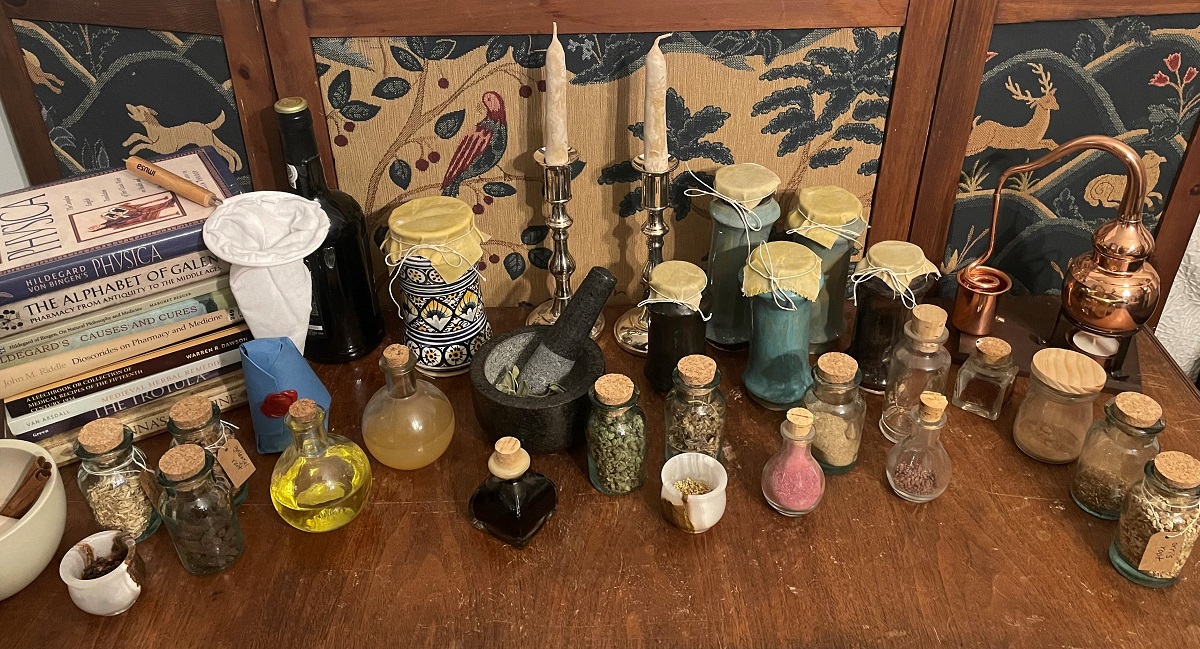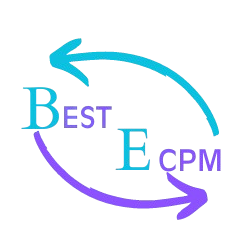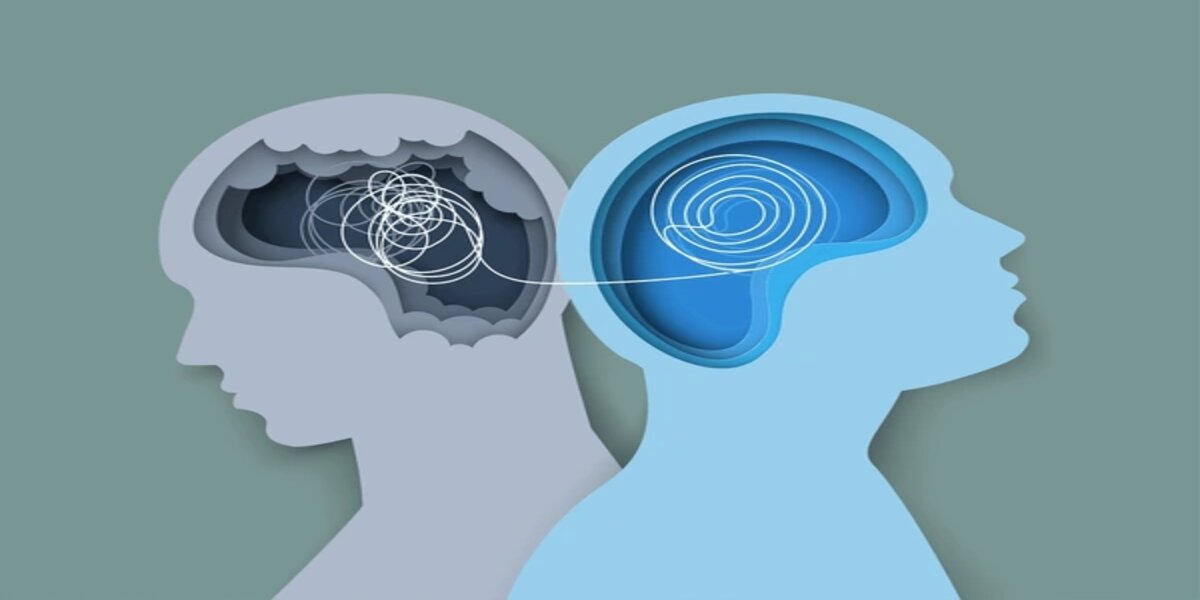Medicine, an intricate and evolving field, is fundamental to human progress and well-being. Its development reflects our quest to understand the human body, combat diseases, and improve the quality of life. From ancient remedies to cutting-edge technology, the journey of medicine is a testament to human ingenuity and perseverance. This article delves into the evolution of medicine, the milestones that have shaped it, and the future directions that promise to redefine it.
Ancient Beginnings
The origins of medicine are deeply rooted in ancient civilizations, where early practitioners combined observation with trial and error. Ancient Egyptians, for example, utilized a combination of herbal remedies, surgical practices, and spiritual rituals. Their comprehensive medical texts, such as the Ebers Papyrus, provide insights into their approaches to treatment and diagnosis.
In ancient Greece, Hippocrates, often regarded as the Father of Medicine laid the groundwork for modern medical practice.
His emphasis on the Hippocratic Oath, which underscores ethical medical conduct, and his contributions to clinical observation marked a significant shift from mystical explanations of illness to a more rational and systematic approach. His work emphasized the importance of diet, exercise, and environmental factors in health.
Simultaneously, in ancient India, Ayurveda emerged as a sophisticated system of medicine based on the balance of bodily humors, dietary practices, and herbal treatments. Texts like the Charaka Samhita and Sushruta Samhita outlined surgical techniques and medicinal knowledge that influenced medical practices for centuries.
Medieval and Renaissance Advances
The medieval period saw the preservation and expansion of medical knowledge through the work of scholars in the Islamic Golden Age.
Figures such as Avicenna Ibn Sina and Al-Razi Rhazes wrote influential texts, such as the Canon of Medicine and Kitab al-Hawi, which synthesized Greek, Roman, Persian, and Indian medical knowledge. Their contributions to pharmacology, diagnosis, and surgery were critical in preserving and advancing medical practices.
The Renaissance, a period marked by a resurgence in scientific inquiry, brought about revolutionary changes in medicine.
Andreas Vesalius’s groundbreaking work, De Humani Corporis Fabrica, provided a detailed anatomical understanding of the human body through meticulous dissection and observation. This period also witnessed the introduction of the scientific method, which emphasized empirical evidence and experimentation.

The Birth of Modern Medicine
The 19th century heralded the dawn of modern medicine, driven by significant scientific discoveries and innovations. The development of the germ theory of disease by Louis Pasteur and Robert Koch revolutionized our understanding of infection and laid the foundation for modern microbiology. This theory led to the development of vaccines and antiseptics, drastically reducing the incidence of infectious diseases.
The advent of anesthesia in the mid-19th century transformed surgical practices, making operations less painful and more feasible. The discovery of general anesthesia by William Morton and the development of antiseptic techniques by Joseph Lister significantly improved surgical outcomes and patient safety.
Additionally, the discovery of penicillin by Alexander Fleming in 1928 marked the beginning of the antibiotic era. This breakthrough provided a powerful tool to combat bacterial infections and has since saved countless lives.
The Rise of Technology and Specialization
The 20th century and beyond have been characterized by rapid technological advancements and increasing specialization. The development of medical imaging technologies, such as X-rays, CT scans, and MRIs, has revolutionized diagnostic capabilities, allowing for non-invasive internal examinations and precise diagnosis of conditions.
Advances in biotechnology and genetics have further transformed medicine. The Human Genome Project, completed in 2003, mapped the entire human genome and opened new avenues for understanding genetic disorders and developing personalized treatments.
Genetic research has led to the development of targeted therapies and precision medicine, where treatments are tailored to individual genetic profiles.
The rise of electronic health records EHRs has improved the efficiency and accuracy of patient care by enabling the seamless sharing of medical information among healthcare providers. Telemedicine, which has gained prominence especially during the COVID-19 pandemic, has expanded access to healthcare services, allowing patients to consult with medical professionals remotely.

Challenges and Future Directions
Despite these advancements, modern medicine faces several challenges. The rise of antibiotic-resistant bacteria, driven by the overuse and misuse of antibiotics, poses a significant threat to public health.
Addressing this issue requires concerted efforts in research, stewardship, and the development of new antimicrobial agents.
Additionally, the increasing prevalence of chronic diseases, such as diabetes and heart disease, highlights the need for effective prevention strategies and management approaches.
Lifestyle factors, including diet and physical activity, play a crucial role in these conditions, necessitating a holistic approach to health and wellness.
The future of medicine is likely to be shaped by several emerging trends. Advances in artificial intelligence AI and machine learning hold the promise of transforming diagnostics, treatment planning, and patient care. AI algorithms can analyze vast amounts of data to identify patterns and make predictions, potentially improving diagnostic accuracy and personalizing treatment options.
Regenerative medicine, including stem cell research and tissue engineering, offers the potential for repairing or replacing damaged tissues and organs. These technologies could revolutionize the treatment of conditions such as spinal cord injuries and heart disease.
Furthermore, the integration of wearable technology and health monitoring devices enables continuous tracking of health metrics, empowering individuals to take an active role in managing their health and well-being.
Conclusion
Medicine has come a long way from its ancient beginnings, evolving through a rich tapestry of scientific discoveries, technological advancements, and ethical considerations. The journey of medicine reflects humanity’s enduring quest to understand, heal, and enhance life.
As we look to the future, the ongoing innovation and dedication within the field promise to address current challenges and unlock new possibilities for improving health and extending quality of life. Embracing these advancements while remaining mindful of ethical and practical considerations will be key to navigating the ever-evolving landscape of medicine.






